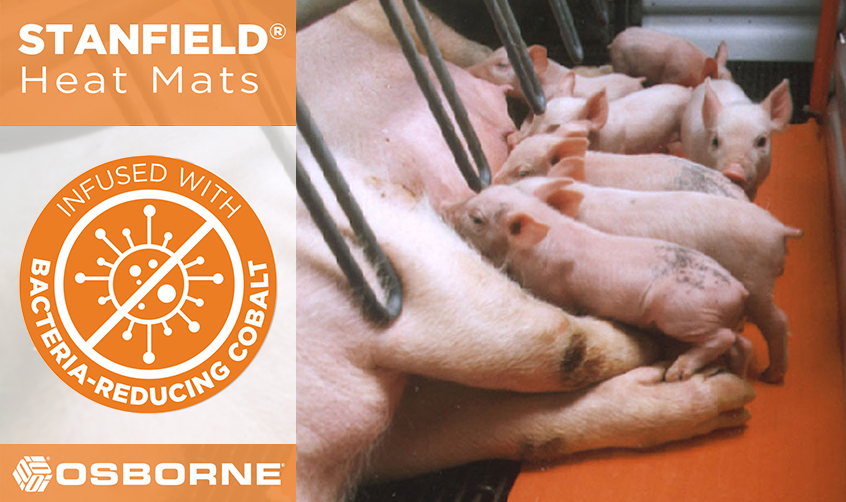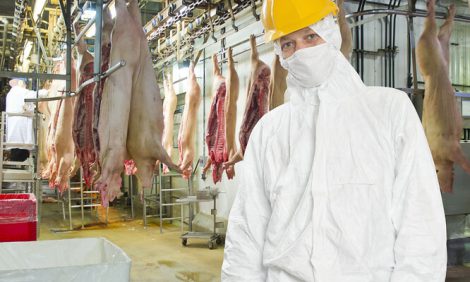



USDA develops new heat stress app for pigs
The app predicts heat stress in pigsHotHog, a new smartphone application that predicts heat stress in pigs, is now available for download and use, a team of Agricultural Research Service (ARS) and university scientists announced.
Available in the Apple App Store and Google Play Store, HotHog taps into local weather data to predict the relative comfort or heat stress levels of pigs on an hourly, daily or weekly basis. Swine producers can then use this information to take pre-emptive measures, like ensuring plenty of drinking water, cooling the pigs with fans or mists, and limiting transport to early morning hours.
Annually, heat stress in pigs costs the US swine industry an estimated $481 million in revenue losses. Ensuring the positive welfare and productivity of pigs (a top source of animal protein worldwide) will be even more critical in the face of global climate change—particularly during the summer months and in tropical regions, noted Jay S. Johnson, an animal scientist who leads the ARS's Livestock Behaviour Research Unit in West Lafayette, Indiana.
Pigs are especially vulnerable to heat stress because they cannot sweat. In modern production settings, pigs cope with heat through panting, while the caregivers adjust ventilation rates, utilize sprinklers, and ensure free access to abundant, cool water for the animals to drink. Without such measures, pigs may start to eat less, grow slower, produce less lean muscle, produce less milk and experience other health, productivity or fertility problems.
Gestating sows are among a swine herd's most vulnerable members, and when heat-stressed, they may give birth to fewer and smaller piglets. Heat-stressed gestating sows may also give birth to in utero heat-stressed piglets that have a greater risk of health and other complications in their postnatal life.
According to its developers, HotHog is the first decision-support tool of its kind to predict thermal stress based on behavioral and physiological data collected from heat-load studies of swine—and more precisely, from non-pregnant breeding females and mid- and late-gestation sows. This is what differentiates the app from other decision-support tools that are now available to swine producers.
"Additionally, many thermal indices currently in use were originally developed for use in non-swine species and may not accurately predict thermal comfort and stress in pigs," added Johnson.
The HotHog app was developed, tested and released with collaborators from the University of Illinois at Urbana-Champaign; Purdue University in West Lafayette, Indiana; and the Oak Ridge Institute for Science and Education in Oak Ridge, Tennessee.









